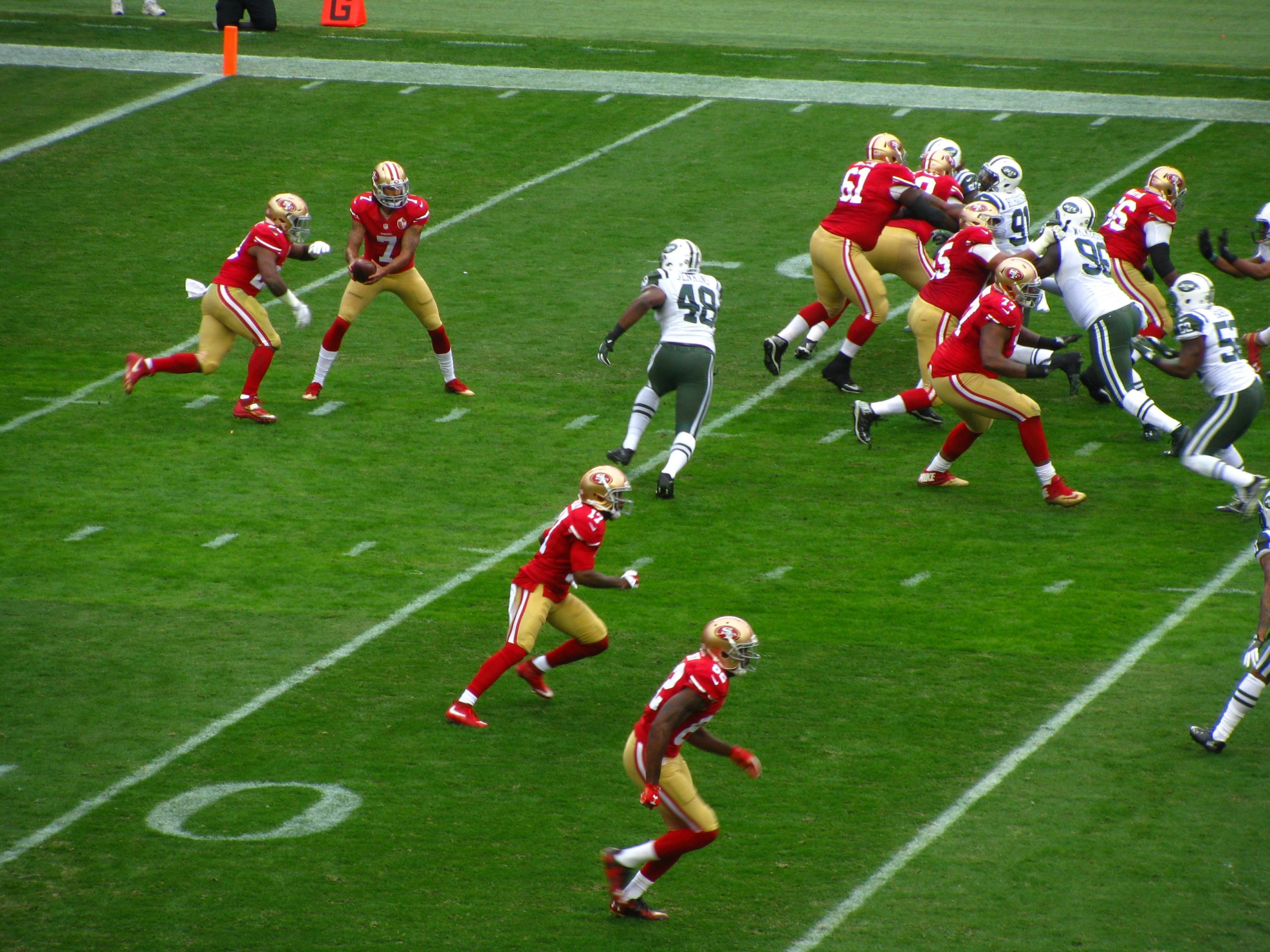If you are interested in running a legal contest related to the “Big Game,” you should leave the “Super Bowl” trademark and the element of consideration out of the equation. Contests are a terrific way to promote a brand and increase revenue. However, when sweepstakes promotions are structured incorrectly, the consequences may include reputational harm, civil litigation, and even criminal liability. In addition, the National Football League (“NFL”) is hyper-protective of its “Super Bowl” trademark. As a result, any third party “Super Bowl” sweepstakes operators will likely hear from the NFL involving allegations of trademark infringement.
Disclaimer: The use of the “Super Bowl” mark in this blog is for educational and news reporting purposes only! This blog is not sponsored by, or associated with, the NFL.
Setting Up a Sweepstakes
A lottery is made up of 3 elements: prize, chance, and consideration. Lotteries are only legal if run by state governmental entities. However, if the element of consideration is removed, a lottery becomes a legal sweepstakes.
Consideration is defined as the exchange of anything of value. In practice, sweepstakes consideration can take the form of any transaction that involves monetary payment or quid-pro-quo. Courts have found consideration to be present where: (1) entrants were required to sit through multiple online advertisements; (2) entrants were required to link multiple promotion-related posts to their own social media accounts; and (3) winners were required to submit payment in order to receive contest prizes. However, sweepstakes sponsors may accept consideration, provided that they offer a free AMOE.
If individuals or businesses are interested in running legal sports pool or “Super Bowl” sweepstakes, they must include a free AMOE. Otherwise, such “sweepstakes operators” may run the risk of being fined (among other penalties) if investigated.
How to Promote a “Super Bowl” Sweepstakes
From the marketing side of things, do not directly or indirectly advertise a contest as a “Super Bowl Sweepstakes” or use the “Super Bowl” trademark in any way without a license to do so from the NFL.
Federal trademark law provides many protections for trademark owners, including the ability to sue for infringement where third parties use their trademarks in ways that will likely confuse consumers about the source of goods/services. The NFL regularly serves trademark infringement demand letters against third parties who use the “Super Bowl” mark, even where it is unlikely that consumers would believe that the NFL is a sponsor (e.g., advertisements for a church’s Super Bowl party). Defending a sweepstakes operator against such allegations is expensive and may end up costing more than any revenue generated from a given promotion.
While using the “Super Bowl” mark may be off the table, sponsors have found other ways to reference the game in promotions and advertisements. For example, it is recommended that advertisers use alternative words to “Super Bowl,” with the most popular being the “Big Game.”
Get Help with Your “Super Bowl” Sweepstakes
Many sweepstakes-related regulatory and legal risks can be minimized or eliminated entirely by working with experienced marketing counsel before launching a promotional contest. Well-planned promotions can help protect contest and sweepstakes sponsors and their respective marketing partners from substantial liability. Additionally, a sweepstakes lawyer can help promotion sponsors address legal concerns and industry best practices related to intellectual property, consumer privacy, contest rules, sweepstakes advertising, registration and bonding requirements, as well as other areas of compliance.
If you are interested in pursuing a sweepstakes-related venture, or if you have been served with legal process in connection with your marketing practices, please e-mail us at info@kleinmoynihan.com, or call us at (212) 246-0900.
The material contained herein is provided for informational purposes only and is not legal advice, nor is it a substitute for obtaining legal advice from an attorney. Each situation is unique, and you should not act or rely on any information contained herein without seeking the advice of an experienced attorney.
Attorney Advertising
Photo by Fredrick Lee on Unsplash
Related Blog Posts:
Why Your Sweepstakes Promotion Needs a Privacy Policy




